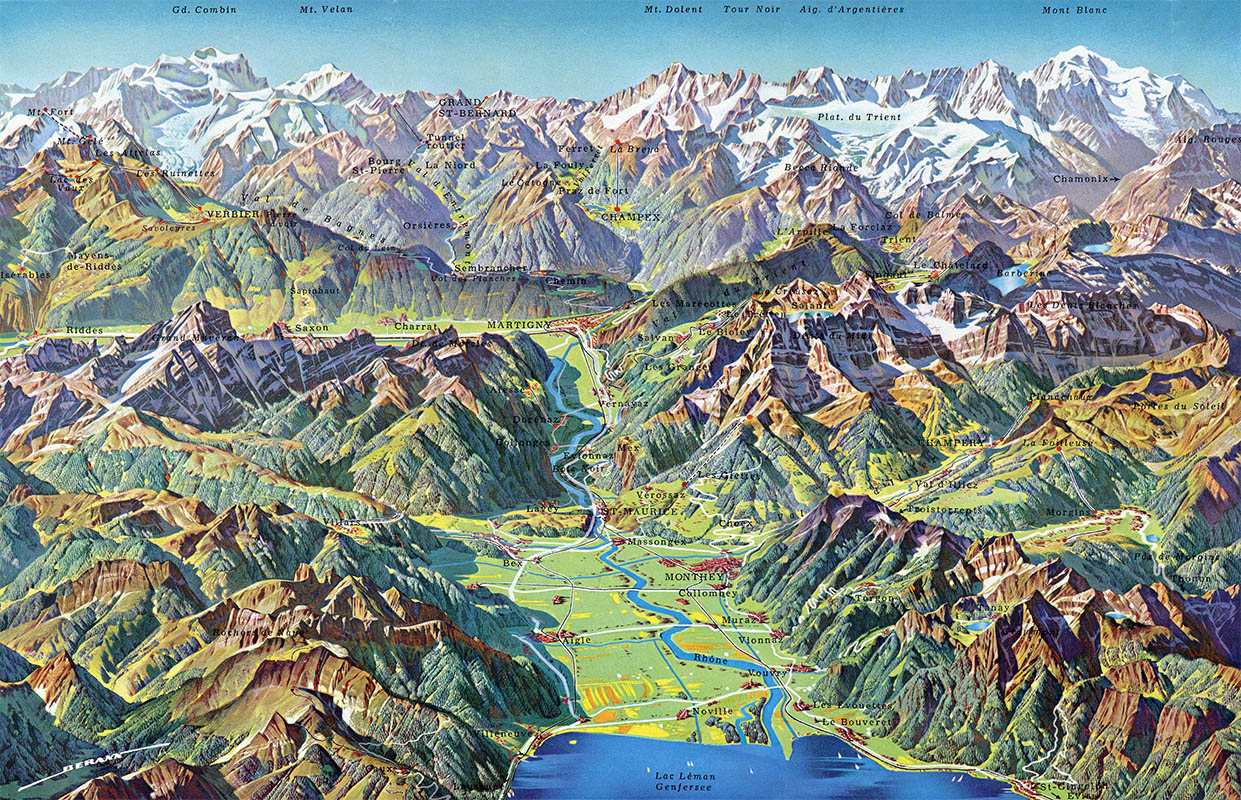Charting the Course: A Look at the German Cartographic Landscape
Related Articles: Charting the Course: A Look at the German Cartographic Landscape
Introduction
In this auspicious occasion, we are delighted to delve into the intriguing topic related to Charting the Course: A Look at the German Cartographic Landscape. Let’s weave interesting information and offer fresh perspectives to the readers.
Table of Content
Charting the Course: A Look at the German Cartographic Landscape

Germany boasts a long and rich history of cartography, dating back to the Middle Ages. This tradition continues to thrive today, with German mapmakers playing a significant role in the global cartographic landscape. From the development of innovative mapping technologies to the production of high-quality maps for diverse purposes, Germany’s contributions are multifaceted and impactful.
A Legacy of Innovation
The history of German mapmaking is marked by innovation and a commitment to precision. Early cartographers, such as Martin Waldseemüller, who created the first map to use the term "America," laid the foundation for modern cartography. This tradition of excellence continued throughout the centuries, with German cartographers playing a crucial role in the development of geographical surveying techniques, map projection systems, and the application of scientific principles to mapmaking.
Modern Cartography in Germany
Today, German mapmakers operate at the forefront of the industry, leveraging cutting-edge technology and expertise to create maps that serve a wide range of needs. The country is home to numerous cartographic institutions, research centers, and private companies, each contributing to the advancement of the field.
Key Areas of Focus:
- Geospatial Data Management: German mapmakers are at the forefront of developing and implementing innovative solutions for managing and analyzing geospatial data. This includes the use of Geographic Information Systems (GIS), remote sensing technologies, and data visualization tools.
- Digital Cartography: The digital revolution has transformed the field of cartography, and Germany has embraced this shift with enthusiasm. German mapmakers are leading the development of online mapping platforms, interactive maps, and mobile mapping applications.
- Cartographic Education and Research: Germany possesses a robust network of universities and research institutions dedicated to cartographic studies. These institutions play a vital role in training future generations of cartographers and advancing the field through research and development.
-
Map Production for Diverse Purposes: German mapmakers produce maps for a wide range of applications, including:
- Navigation and Transportation: Road maps, navigation systems, and public transportation maps.
- Environmental Monitoring: Maps for land use planning, environmental impact assessment, and disaster management.
- Urban Planning: Maps for city development, infrastructure planning, and public service provision.
- Tourism and Recreation: Tourist maps, hiking trails, and outdoor recreation maps.
- Scientific Research: Maps for geological surveys, climate modeling, and biodiversity studies.
Benefits of German Mapmaking:
- Precision and Accuracy: German mapmakers are renowned for their commitment to precision and accuracy, ensuring that their maps provide reliable and trustworthy information.
- Technological Advancement: Germany’s expertise in technology and innovation translates to the development of cutting-edge mapping tools and techniques.
- International Collaboration: German mapmakers actively engage in international collaborations, sharing knowledge and expertise with colleagues around the world.
- Sustainable Practices: German mapmakers are increasingly adopting sustainable practices in their work, using eco-friendly materials and minimizing environmental impact.
FAQs by Map Maker Germany
Q: What are the major challenges facing mapmakers today?
A: The rapid evolution of technology, the increasing volume of geospatial data, and the growing demand for accurate and up-to-date maps are among the key challenges facing mapmakers today. Additionally, the need to ensure data privacy, accessibility, and inclusivity in mapmaking is becoming increasingly important.
Q: How is technology changing the field of cartography?
A: Technology is revolutionizing the field of cartography in various ways. Advancements in GIS, remote sensing, and data visualization are enabling mapmakers to create more complex, interactive, and data-rich maps. The use of mobile devices and online platforms is also expanding the accessibility and usability of maps.
Q: What are the ethical considerations involved in mapmaking?
A: Ethical considerations in mapmaking include ensuring the accuracy, objectivity, and fairness of map content. It is crucial to avoid biases and stereotypes, and to represent all communities and perspectives in an equitable manner. Additionally, mapmakers must consider the potential impact of their work on privacy, security, and the environment.
Tips by Map Maker Germany
- Stay Updated on Technological Advancements: Continuously learn about new technologies and software that can enhance your mapmaking skills.
- Develop Strong Data Management Skills: Effective data management is crucial for creating accurate and reliable maps.
- Collaborate with Other Professionals: Working with specialists in other fields, such as geographers, urban planners, and environmental scientists, can enrich your mapmaking process.
- Consider the User Experience: Design maps that are user-friendly, accessible, and engaging.
- Promote Ethical Practices: Adhere to ethical guidelines and strive to create maps that are fair, unbiased, and inclusive.
Conclusion by Map Maker Germany
German mapmaking continues to evolve and adapt to the changing needs of society. From traditional cartographic techniques to cutting-edge digital tools, German mapmakers are committed to creating maps that inform, inspire, and empower. Their dedication to innovation, precision, and ethical practices ensures that German cartography will continue to play a significant role in shaping our understanding of the world.








Closure
Thus, we hope this article has provided valuable insights into Charting the Course: A Look at the German Cartographic Landscape. We appreciate your attention to our article. See you in our next article!